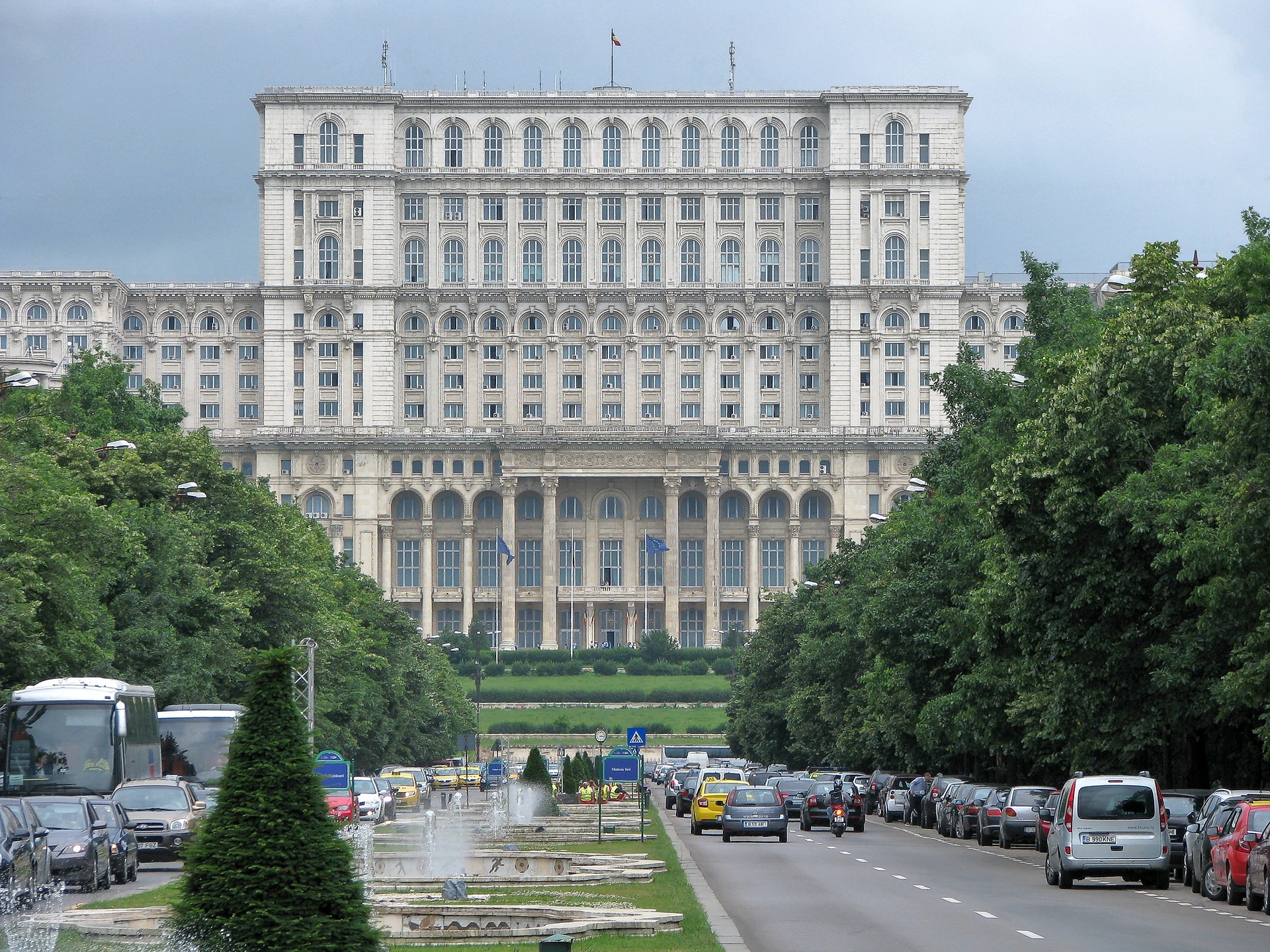What does Romania’s pay rise mean for productivity?

The Romanian government’s quest to boost public sector salaries could spell trouble for the country further down the line.
Furthermore, the increase in minimum wage has resulted in higher remuneration for private sector workers. With productivity failing to keep pace, the consequence is a dent on the country’s competitiveness. That’s bad news for inflation and economic growth, according to Lucian Croitoru, a monetary-policy adviser to central bank Governor Mugur Isarescu.
“To think you can force your way out the category of countries with a cheap labor force is an illusion,” he said. “The country’s economic competitiveness is being eroded.”
While growth has surged beyond 5% due to the pay increases and rounds of tax cuts, the central bank and analysts say the measures come at the expense of investment spending, crimping future expansion. Low wages have previously attracted investment from companies such as Renault SA and Ford Motor Co.
Public sector employees make up a third of the workforce in a country of 19 million people and are a core voter group for the ruling Social Democrats. The party has also doubled the minimum wage.
Joseph Sabia writing for IZA World of Labor on whether minimum wages stimulate productivity and growth, says, “In studies of OECD countries, the literature provides relatively little evidence that increases in minimum wages raise aggregate GDP. Rather, the results are more consistent with redistributive effects of the minimum wage across industries. A recent study of the US finds that a 10% increase in the minimum wage is associated with a 1-2% decrease in GDP.”
The Romanian Council for Small and Medium-Sized Companies says that about a quarter of firms it represents have scaled back or ceased operations since October 2015, months after the wage initiatives gained traction. It cited labor costs among the biggest issues, along with worker shortages, bureaucracy, high taxes, and corruption.
UK apparel manufacturer Alison Hayes closed a factory in Romania in March citing, among other things, increased costs of labor.
Romania halted four years of competitiveness gains in 2016, falling nine places to 62nd of 138 countries in the World Economic Forum’s global ranking.
Sabia concludes, “Policymakers wishing to aid low-skilled workers during economic recessions, or to spur economic growth, should not look to the minimum wage as a policy solution. Rather, means-tested, pro-work cash assistance programs and negative income tax schemes—such as the earned income tax credit—far more efficiently deliver income to the working poor.”
Read related IZA World of Labor articles on the minimum wage.
Have a question about the impact of the minimum wage on employment and productivity? Get in touch with one of our designated topic spokespeople.